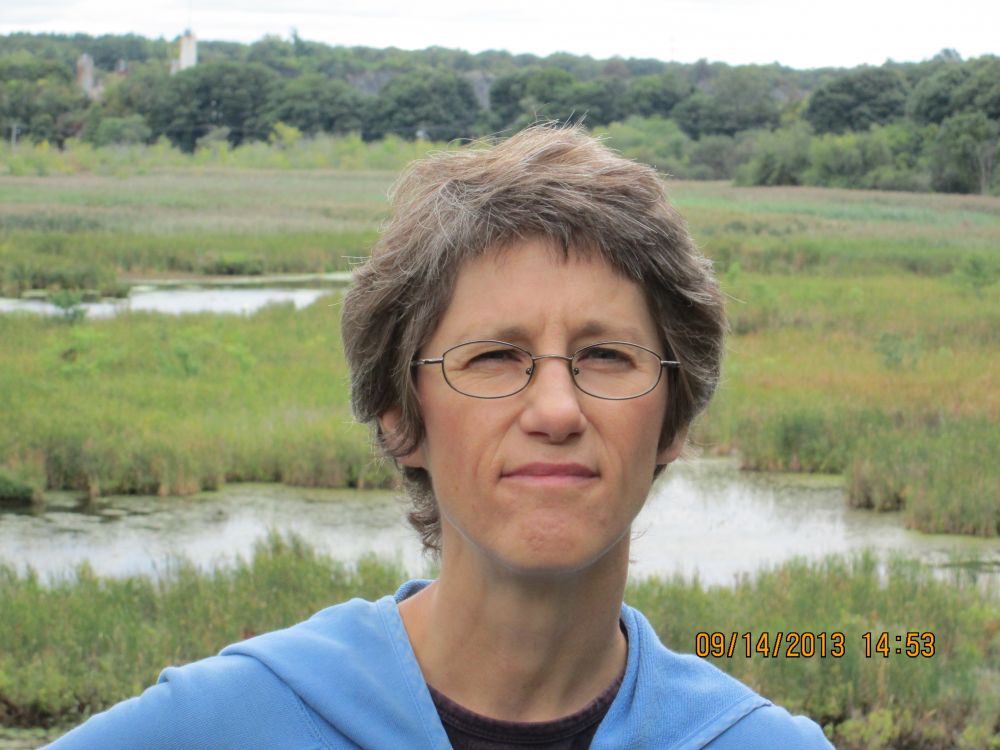
MA
Carolyn Fox is an educator, librarian, historian, and an un/homeschooling mother. She lives in Massachusetts with her UK husband and son.

Carolyn Fox is an educator, librarian, historian, and an un/homeschooling mother. She lives in Massachusetts with her UK husband and son.
Authored Comments
Yes, FLOE and Universal Design for Learning (http://www.udlcenter.org/) are trying to provide differentiated learning for ALL users. However, until FLOE and UDL are universally adopted, at the moment the onus is on the student to qualify and provide documentation to obtain instructional materials in alternate formats. This is rather difficult if a child has an undiagnosed and undetected visual processing deficit or print disability, such as dyslexia, for instance.
I think UDL goes beyond FLOE's approach by arguing that the greatest impediment to the implementation to IDEA and NCLB (No Child Left Behind) is the curriculum itself. In most classrooms, the curriculum is disabled. It's too rigid and inflexible to meet the needs of diverse learners, especially those with disabilities. Increasing physical access (such as with FLOE) is the first step, but only a beginning.
That's true. Healthcare is another bubble that will burst. Insurance is covering less and less every year or requiring higher co-payments or other fees. Each year there seems to be more tests and each year it seems the insurance pays out less. You don't necessarily have to get ill to get value from healthcare. Women usually get more preventive care each year (i.e. pap smears) and each year as women get older there seems to be more testing (i.e . mammograms). I'm not convinced that the preventive is always a plus. There was a breast cancer study released this week or last about misdiagnosis or over diagnosis with the amount of mammograms today. With the baby boomer population aging, healthcare is only going to escalate and become more of a bubble.
Value with higher education is related to rising costs and colleges/universities often refusing to reduce expenses like turning to open source. With more and more colleges/universities resorting to part-time and/or temporary adjuncts, it becomes more difficult to argue on the high tuition at an expensive private college/university and the sacrifice involved to pay it when one can get the same quality at a public institution in this country or abroad for a lot less money.